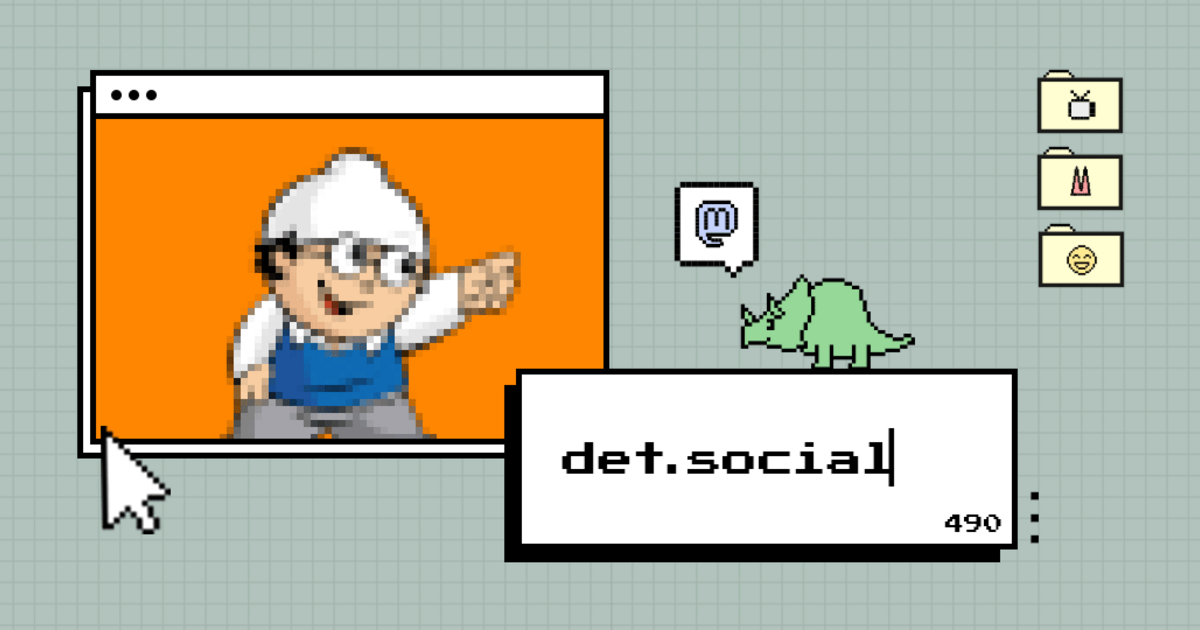"Data2Action exists to make emerging technology work harder for humanity, enabling us to co-create a healthier, fairer and more sustainable world for all. [...]
We’re recruiting *13 funded doctoral fellows from Europe and beyond* to work collaboratively across a range of interconnected cutting-edge research and development projects."
#HorizonEurope #UKResearchAndInnovation #UKRI #MarieCurie #MSCA #DoctoralNetwork #PhD #DataScience #Data2Action #SocialInnovation #SocialImpact #LivingLabs #CoCreation #Collaboration #Transdisciplinary #Dissemination #Communication #NetworkBuilding #CommonGood #AI #CuttingEdge
#Technology #Humanity #Health #Fairness #Sustainability #SustainableWorld #PublicGood #SocialPioneers #ArtificalIntelligence
#SectoralExperts #Society #RealWorldSolutions #ClimateChange #SocialJustice #Democracy #Aging #People #Planet


